News
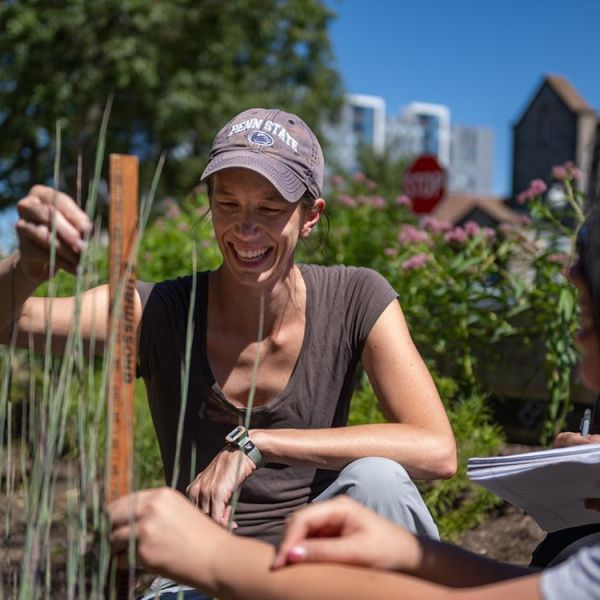
Jun 01, 2023
Penn State 3rd in US and 40th globally in Times Higher Education Impact Rankings
Penn State remained in the top three in the U.S. and moved up globally from No. 47 to No. 40 out of nearly 1,600 international institutions that participated in the 2023 Times Higher Education (THE) University Impact Rankings.
Full Article
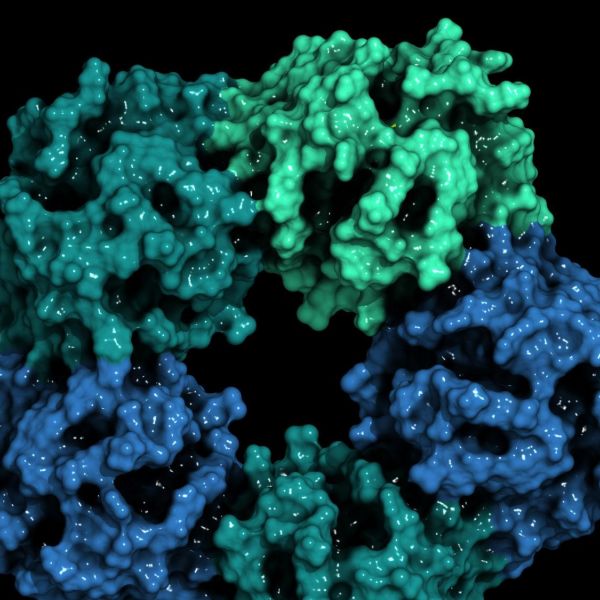
May 31, 2023
Penn State engineers report low-cost human biomarker sensor designs
Penn State researchers have developed a low-cost, RNA-based technology to detect and measure biomarkers, which can help decode the body’s physiology.
Full Article
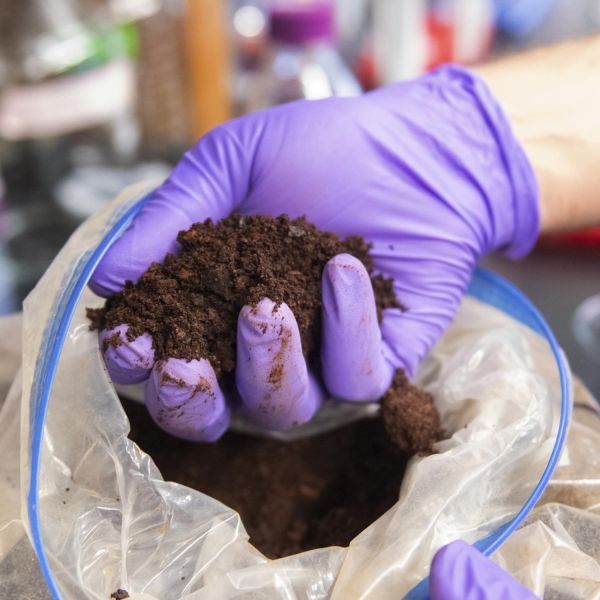
May 31, 2023
A protein mines, sorts rare earths better than humans, paving way for green tech
Rare earth elements, like neodymium and dysprosium, are a critical component to almost all modern technologies, from smartphones to hard drives, but they are notoriously hard to separate from the Earth’s crust and from one another.
Full Article
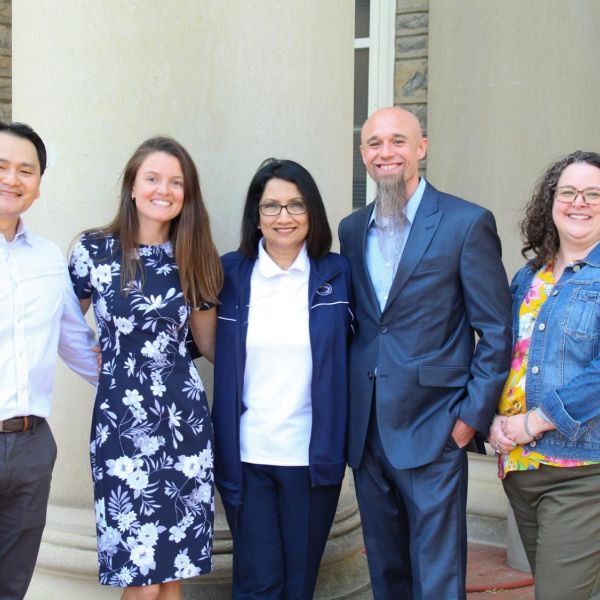
May 30, 2023
University Staff Advisory Council announces 2023 staff award winners
The University Staff Advisory Council (USAC) recognized three outstanding staff members for their accomplishments and contributions to the University on May 19 in a ceremony in Old Main’s Alumni Lounge.
Full Article
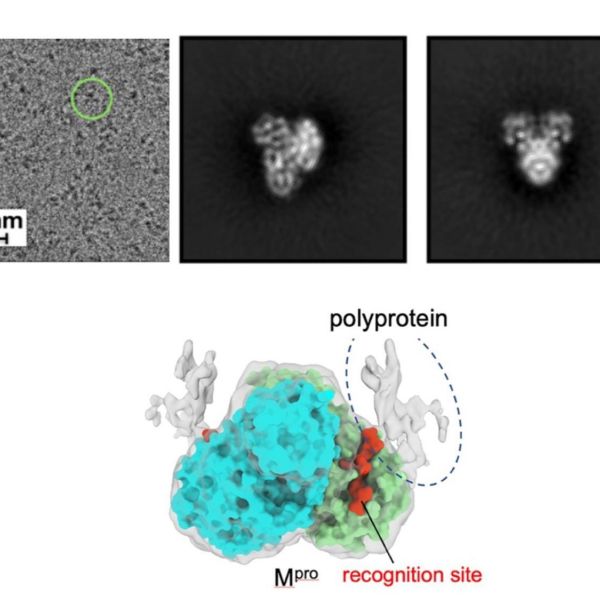
May 30, 2023
Essential process for SARS-CoV-2 viral replication visualized
During the replication of the SARS-CoV-2 virus, a long string of connected proteins is cleaved apart into individual proteins.
Full Article
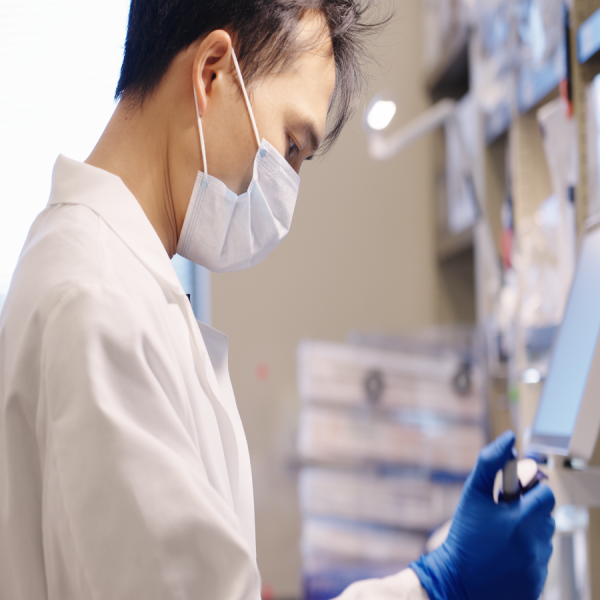
May 26, 2023
Protein-based nano-‘computer’ evolves in ability to influence cell behavior
The first protein-based nano-computing agent that functions as a circuit has been created by Penn State researchers.
Full Article
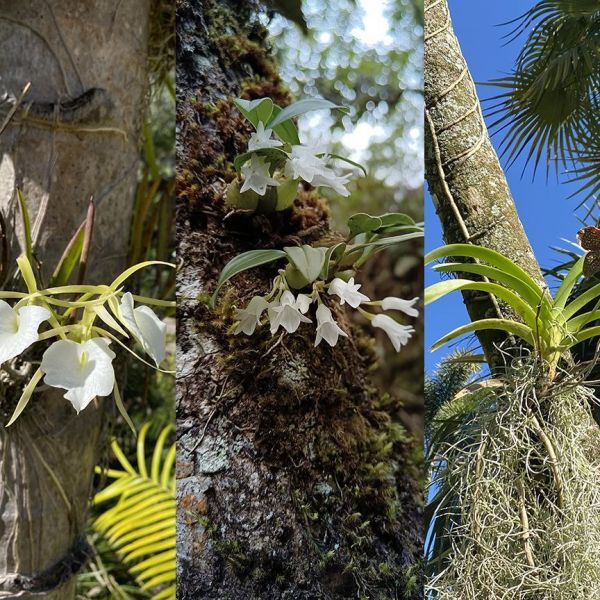
May 23, 2023
Orchids’ ability to grow on other plants independently evolved multiple times
The most extensive study of the genetic relationships among orchids to date reveals that the flower’s ability to grow on other plants evolved independently multiple times.
Full Article
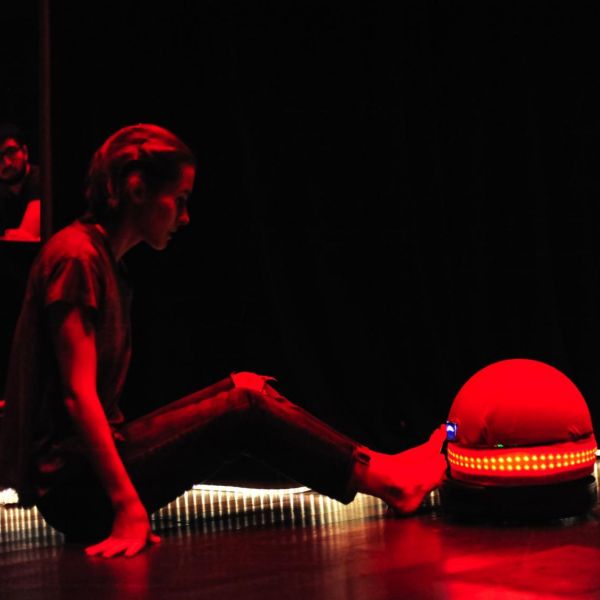
May 17, 2023
Perception of human emotion in movement focus of $2 million NSF grant
A Penn State-led research team received a $2 million National Science Foundation (NSF) grant to study how machines perceive and process human body language.
Full Article
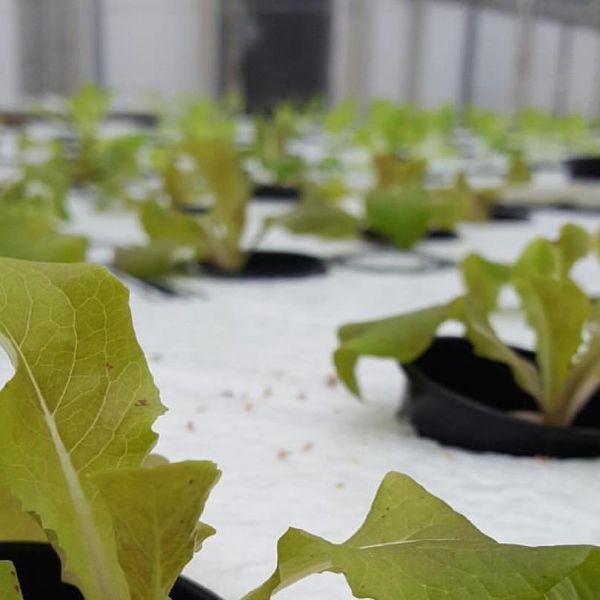
May 17, 2023
Learn how to grow hydroponic vegetables on a small scale
Anyone interested in learning how to grow hydroponic vegetables on a small scale can get advice from experts by viewing a Penn State Extension webinar called “Hydroponics Growers School 101.”
Full Article
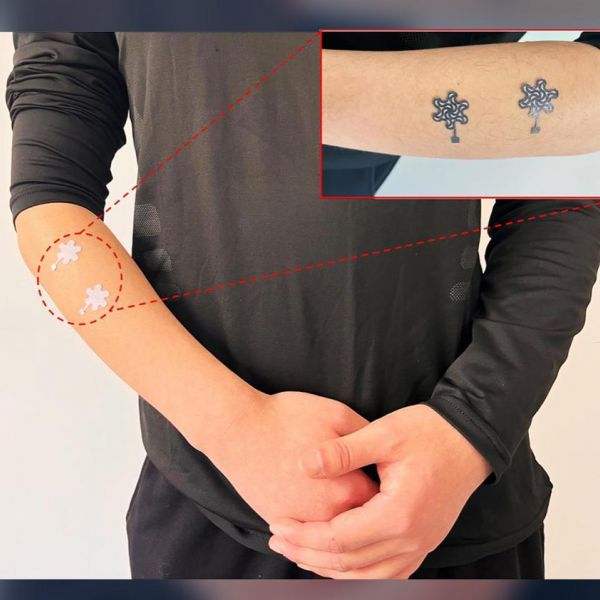
May 16, 2023
Low-cost, waterproof sensors may create new health-monitoring possibilities
Penn State-led team of researchers has literally put pencil to paper to create an accessible, affordable, waterproof and wearable sensor to monitor multiple vital signals.
Full Article